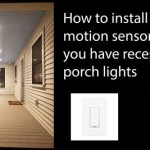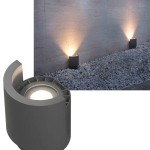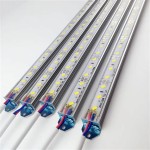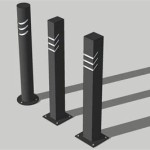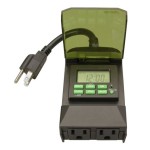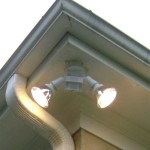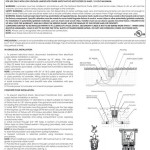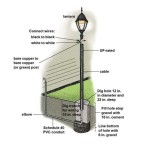Do Outdoor Lights Need To Be Grounded
Ensuring the proper grounding of outdoor lights is crucial for safety and optimal performance. Grounding provides a safe path for electrical current to flow in the event of a fault, preventing dangerous shocks or electrical fires. Moreover, it helps stabilize the voltage, reduces electromagnetic interference, and enhances the lifespan of the lights. Understanding the essential aspects of grounding is vital for homeowners and installers alike.
Importance of Grounding Outdoor Lights
Grounding outdoor lights serves several important purposes. Firstly, it protects against electrical shocks by providing a low-resistance path for electricity to flow away from the light fixture in case of a fault. This prevents the current from passing through someone touching the light or nearby metal objects, reducing the risk of injury or death.
Secondly, grounding helps stabilize the voltage, ensuring consistent power supply to the light. Unstable voltage can cause flickering, reduced brightness, or even damage to the light fixture. Proper grounding provides a stable reference point for the electrical current, reducing voltage fluctuations and ensuring reliable operation.
Grounding Requirements for Outdoor Lights
The grounding requirements for outdoor lights vary depending on local electrical codes and regulations. Generally, all metal parts of the light fixture, including the housing, mounting bracket, and any exposed screws, must be properly grounded. This can be achieved through a dedicated grounding wire connected to a grounding rod or cold water pipe.
The grounding wire should be bare copper or insulated green or bare with a green stripe. It must be at least the same gauge as the circuit conductors and securely connected to the light fixture and grounding point using approved connectors.
Proper Installation and Maintenance
Proper installation and maintenance are essential to ensure the effectiveness of grounding. The light fixture must be securely mounted on a stable surface, and all electrical connections should be made according to code. Avoid overloading the circuit to prevent overheating and potential electrical hazards.
Regularly inspect the grounding system, particularly after storms or heavy rains, to ensure it remains intact and free of damage. Replace any damaged wires or connectors promptly to maintain proper grounding.
Additional Considerations
In areas with high soil resistivity, additional grounding measures may be necessary. This can include installing multiple grounding rods or using a grounding plate to increase the surface area for current dissipation.
If you are unfamiliar with electrical work, it is strongly recommended to hire a qualified electrician for the installation and maintenance of outdoor lights to ensure safety and code compliance.

Do Outdoor Lights Need To Be Grounded Your Diy Backyard

Do Outdoor Lights Need To Be Grounded Your Diy Backyard

What Do I Have To Keep In Mind When Installing Outdoor Ground Spots Customer Service Q

The Definitive Guide To Best Outdoor Ground Lights 2024 Edition

Introduction To Outdoor Lighting 1000bulbs Blog

10 Best Outdoor Lighting Ideas Landscape Design Secrets A Piece Of Rainbow

How To Install Recessed Ground Lights In 8 Easy Steps Dusk Lighting Blog

Outdoor Lights Installation Security Lighting 4 Service Pros

In Ground Outdoor Lighting Outdoorlighting Com

Diy Backyard String Lights Taryn Whiteaker Designs
Related Posts
